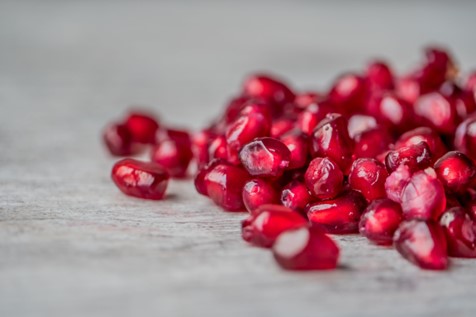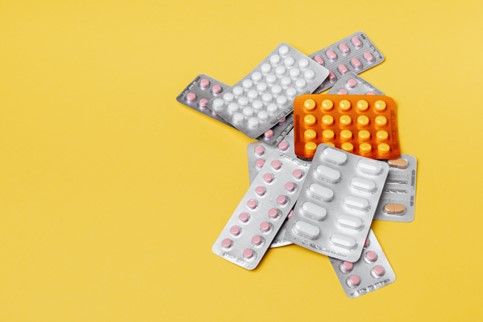Prostate health is an important aspect of men’s overall health, and diet plays a key role in keeping the prostate healthy. Here’s a look at what foods can help maintain prostate health, and which ones to avoid.
Foods Beneficial to the Prostate
1. cruciferous vegetables: broccoli, cauliflower, Brussels sprouts and cabbage contain nutrients that can help prevent prostate growth.
2. Tomatoes: They are rich in lycopene, an antioxidant that may reduce the risk of prostate cancer. Lycopene is better absorbed when tomatoes are cooked, so tomato sauces and purees can be a good choice.
3. fish rich in omega-3 fatty acids: Fish such as salmon, sardines and mackerel contain omega-3 fatty acids, which may reduce the risk of prostate cancer.


4. nuts and seeds* Brazil nuts in particular, which are rich in selenium, may be beneficial for prostate health.
5. green tea: contains antioxidants known as catechins, which may help protect against prostate cancer.
6. pomegranates: Studies suggest that pomegranates and pomegranate juice can inhibit the growth of prostate cancer cells.
Foods to avoid
- Red meat and processed meats: Eating large amounts of red meat, such as beef, lamb and pork, and processed meats may be associated with a higher risk of prostate cancer.
- Dairy products: Some studies suggest that high consumption of milk and dairy products may be associated with a higher risk of developing prostate cancer.
- Alcohol: Excessive alcohol consumption can increase the risk of prostate problems.
- Foods rich in saturated fats: A diet rich in saturated fats, found in animal products and some oils, can increase the risk of prostate cancer.
The Importance of a Balanced Diet
Variety and balance: The key to prostate health is a varied diet, rich in fruits, vegetables, vegetable protein and healthy fats.
Importance of screening: A healthy diet can help prevent prostate problems, but regular examinations are key to detecting problems at an early stage.
Remember that diet is only one part of a healthy lifestyle. Regular physical activity, avoidance of smoking and alcohol abuse, and regular medical checkups are equally important for maintaining prostate health.
Importance of Hormonal Balance
Healthy fats: Fats, especially those of plant origin, such as olive oil and avocado, which contain omega-3 fatty acids, can help regulate hormone levels in the body. Some studies suggest that a diet rich in healthy fats may help reduce the risk of developing prostate hypertrophy.
Fiber: Consuming enough fiber can have an effect on lowering male sex hormone levels, which can be beneficial for prostate health. Vegetables, fruits, whole-grain cereals and legumes are good sources of fiber.

Dietary Supplements and Prostate Health.
- Vitamin D: Some studies suggest that low levels of vitamin D may increase the risk of prostate problems. Consider consulting your doctor about vitamin D supplementation, especially if you live in an area with little sunlight.
- Lycopene: This is an antioxidant present in tomatoes, peppers and watermelon. Studies suggest that lycopene may help protect against prostate cancer. However, it is best obtained from natural sources, not supplements.
Regularity and Moderation is the Key
Regular meals: Taking regular meals helps maintain a healthy weight, which is important for prostate health. Avoid high-calorie and unhealthy snacks.
Moderation in alcohol and caffeine: Excessive consumption of alcohol and caffeinated beverages can lead to prostate problems, including more frequent visits to the restroom at night. Find a healthy balance.
Diet has a significant impact on prostate health, but it is not the only factor. Regular screening, physical activity and avoiding smoking also play a key role in the prevention of prostate problems.
Remember that everyone’s body is different, so it’s best to consult your diet and lifestyle with a doctor or nutritionist to tailor it to your individual needs and risks.
A healthy diet focused on vegetables, fruits, healthy fats and the right supplements can help maintain prostate health for a long life.
